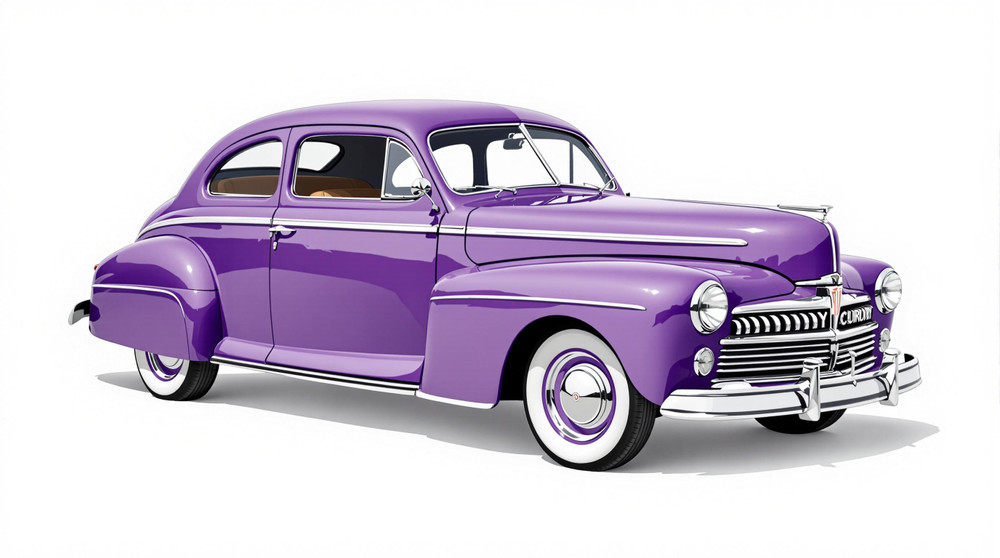Image of 1946 Mercury Mercury, Note: These illustrations use artistic license and may differ from actual historical models.
Performance Metrics
Fundamental Metrics
Emotional Appeal
MMP Rating
| Engine Specifications | |
|---|---|
| Engine: | Flathead V8 |
| Displacement: | 239.4 cu in (3.9 L) |
| Horsepower: | Estimated 100 hp |
| Torque: | 180 lb-ft |
| Compression Ratio: | Estimated 6.8:1 |
| Ignition System: | Distributor and coil |
| Cooling System: | Liquid-cooled |
| Performance Specifications | |
| 0-60 Time: | Information not available |
| 1/4 Mile Time: | Information not available |
| Top Speed: | Estimated 80 mph |
| Transmission and Drive | |
| Drive Type: | Rear-wheel drive |
| Transmission Type: | 3-speed manual |
| Fuel and Efficiency | |
| Fuel System Type: | Carburetor |
| MPG: | Information not available |
| Dimensions and Brakes | |
| Brakes: | Drum brakes |
| Wheelbase: | 118 in |
| Weight: | Estimated 3,200 lbs |
Note: Specifications for classic cars are given to the best of our ability, considering the limited and variant data available.
The 1946 Mercury: A Post-War Automotive Icon
Stepping out of the shadows of World War II, the 1946 Mercury emerged as a symbol of American resilience and innovation. As a division of Ford Motor Company, Mercury was tasked with bridging the gap between the everyday Ford models and the luxury of Lincoln. The '46 Mercury did just that, offering a touch of class to a society eager to embrace peacetime prosperity. Notably, it was one of the first cars to hit the market after civilian car production resumed, making it a significant piece in automotive history.
Design and Innovation
The exterior of the 1946 Mercury was a continuation of pre-war design language, featuring bold, rounded lines that exuded a sense of robust elegance. Its sleek, ponton-style bodywork was complemented by prominent chrome grilles and bumpers that shone like beacons of modernity. Inside, passengers were greeted with a cabin that prioritized comfort and simplicity, using high-quality fabrics and materials that were luxurious for its time.
Technologically, the '46 Mercury boasted advancements such as an optional "Liquamatic" automatic transmission, although this feature was short-lived due to reliability issues. The color palette ranged from stately dark blues to vibrant reds, with classic black remaining a popular choice among buyers. Body styles varied from coupes and sedans to convertibles and wood-paneled station wagons, with the latter often being the most sought-after by collectors today.
Historical Significance
The 1946 Mercury holds a special place in automotive history as it signaled the resurgence of American car manufacturing after WWII. It set itself apart with its blend of style and affordability, paving the way for future models that would continue to balance these crucial aspects. Its influence can be seen in subsequent designs both within the Mercury lineup and across the industry.
Performance and Handling
Underneath its stylish exterior, the '46 Mercury was powered by a flathead V8 engine that delivered around 100 horsepower—a respectable figure for its era. This powerplant could propel the car to top speeds nearing 90 mph, with acceleration from 0-60 mph taking place in just over 15 seconds. On the road, drivers appreciated its solid handling characteristics despite its soft suspension setup which absorbed bumps effectively but could lead to body roll on windy roads. The driving experience was characterized by a throaty engine rumble and a sense of sturdy reliability.
Ownership Experience
The post-war Mercury found its niche as a versatile vehicle—it served as a reliable daily driver for many but also garnered attention at auto shows due to its classic looks. Maintenance was straightforward thanks to shared components with other Ford products, making repairs relatively easy for the average owner.
Fun Facts
A little-known fact about this car is that despite its initial popularity, few '46 Mercurys have survived in pristine condition, making well-maintained examples highly prized by collectors. While not known for breaking speed records or dominating race tracks, this car has been owned by various celebrities over time who were drawn to its distinctive charm.
Collector's Information
Today, a well-preserved 1946 Mercury can fetch anywhere from $20,000 to $60,000 depending on condition and originality. With an estimated production run in the tens of thousands across all body styles, they are relatively rare but still attainable for dedicated collectors. Over time, values have generally appreciated as these vehicles have become recognized as important pieces of American automotive heritage.
Conclusion
The 1946 Mercury stands as more than just another vintage car; it represents an era of hope and progress. It's a testament to America's post-war industrial might and an enduring icon in the classic car community. For enthusiasts and collectors alike, owning a '46 Mercury is not just about possession—it's about preserving a slice of history.
1946 Mercury Mercury Catalog of Parts
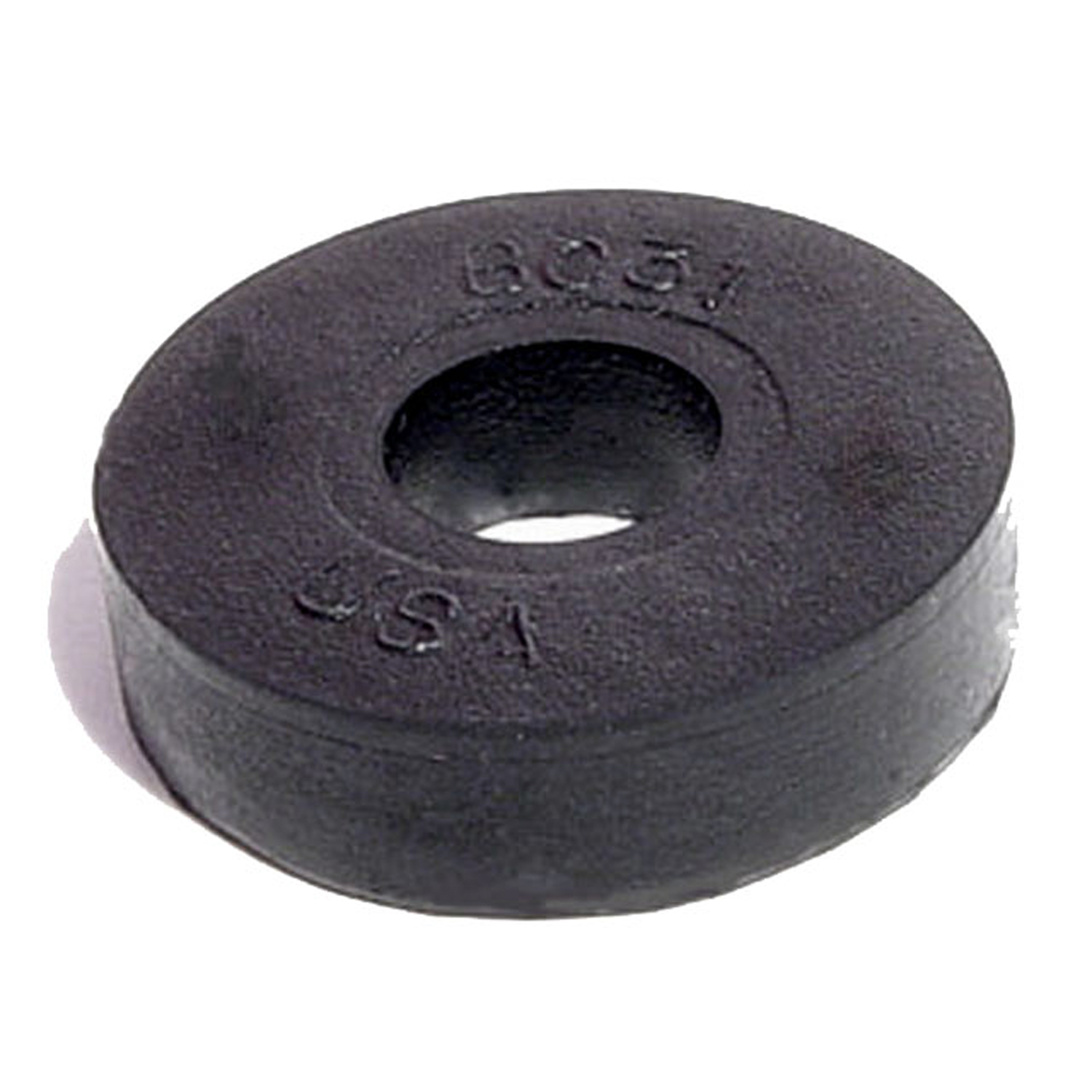 1946 Mercury Mercury Fender Washer Cushion. 1" O.D., 3/8" I.D. Each-BC 31Fender Washer Cushion. 1" O.D., 3/8" I.D. Each
1946 Mercury Mercury Fender Washer Cushion. 1" O.D., 3/8" I.D. Each-BC 31Fender Washer Cushion. 1" O.D., 3/8" I.D. Each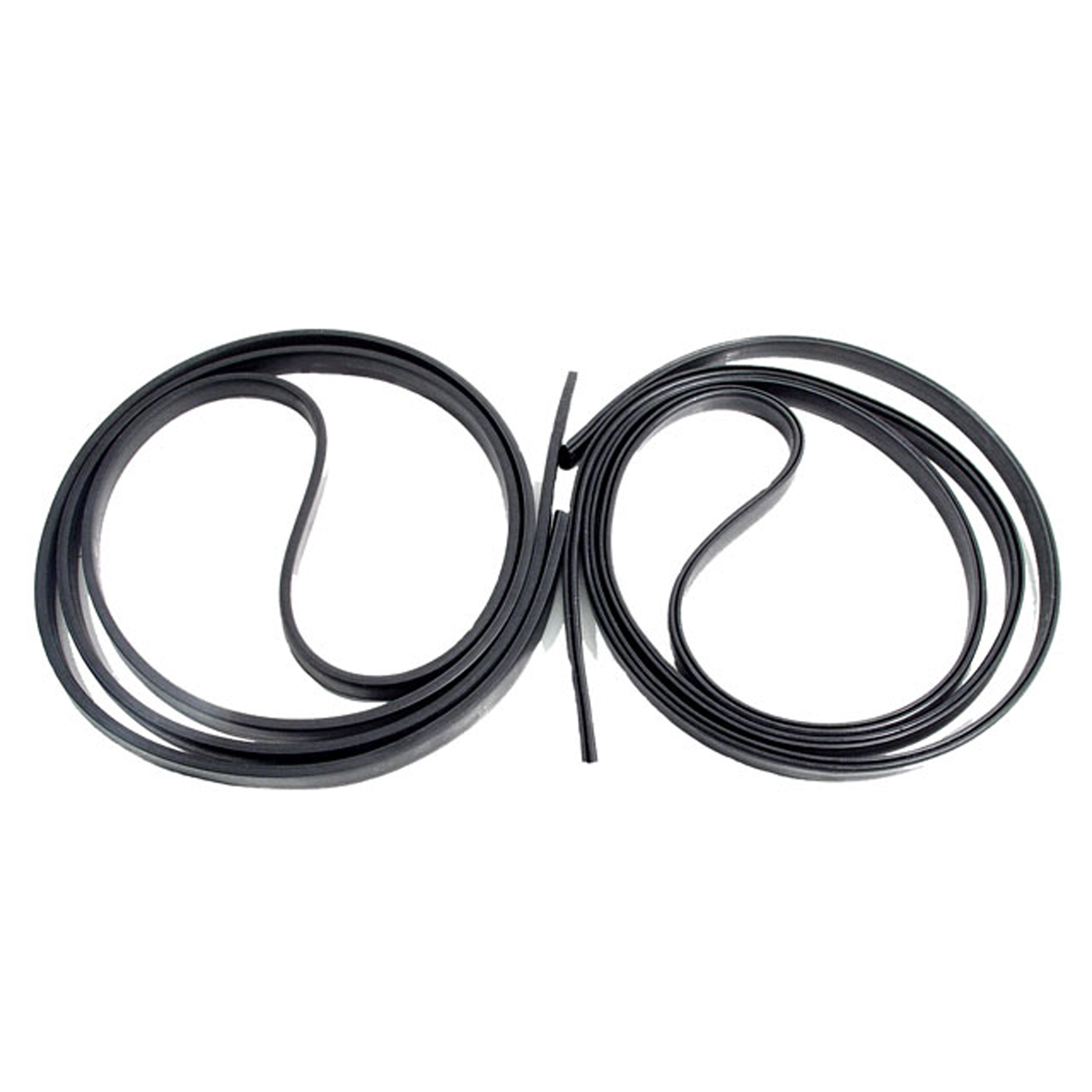 1946 Mercury Mercury Fender Skirt Seals. Each Piece 5' long. Pair-BG 111-PFender Skirt Seals. Each Piece 5' long. Pair
1946 Mercury Mercury Fender Skirt Seals. Each Piece 5' long. Pair-BG 111-PFender Skirt Seals. Each Piece 5' long. Pair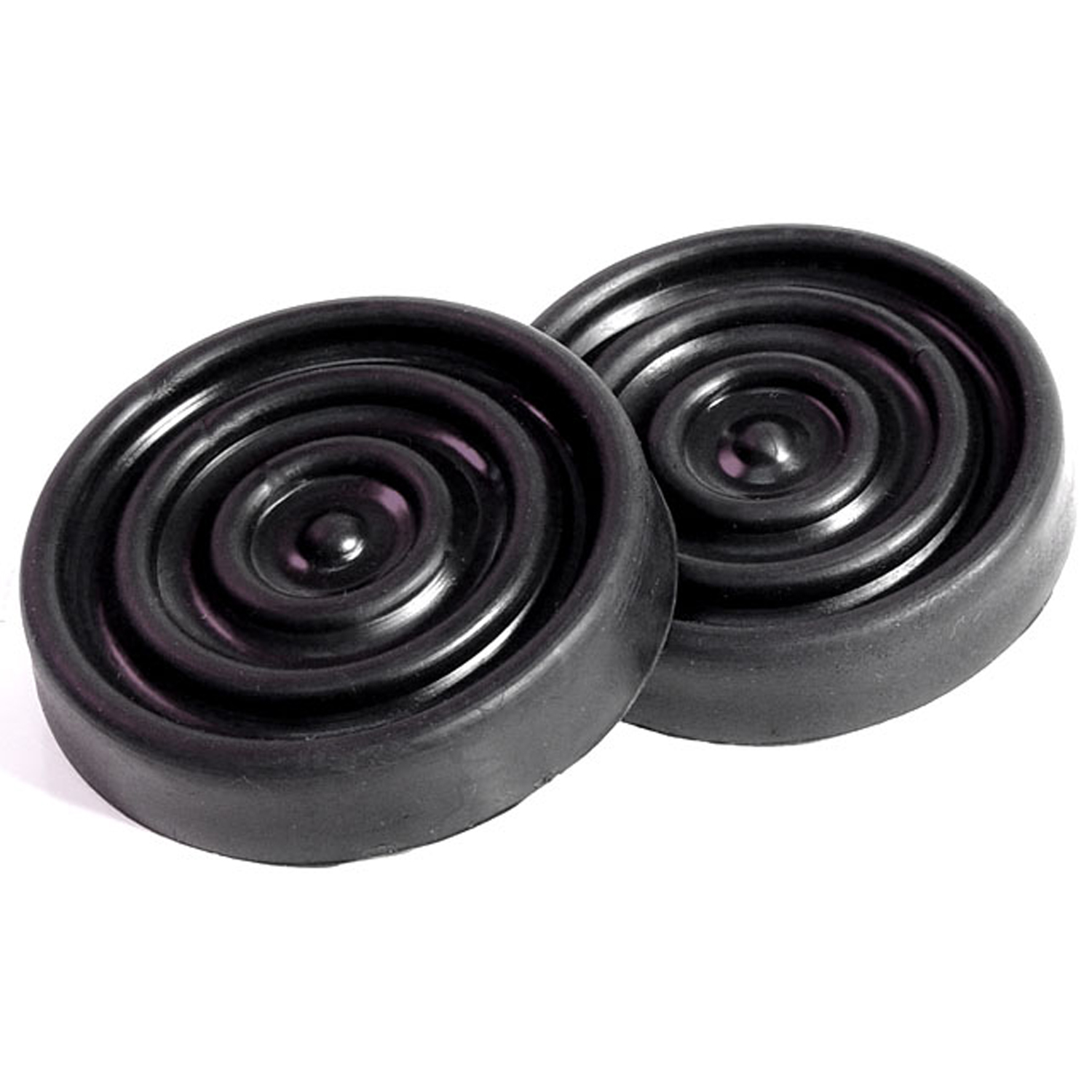 1946 Mercury Mercury Clutch and Brake Pedal Pads-CB 106Clutch and Brake Pedal Pads. Made with molded steel core and threaded stud. 3" diameter. Pair
1946 Mercury Mercury Clutch and Brake Pedal Pads-CB 106Clutch and Brake Pedal Pads. Made with molded steel core and threaded stud. 3" diameter. Pair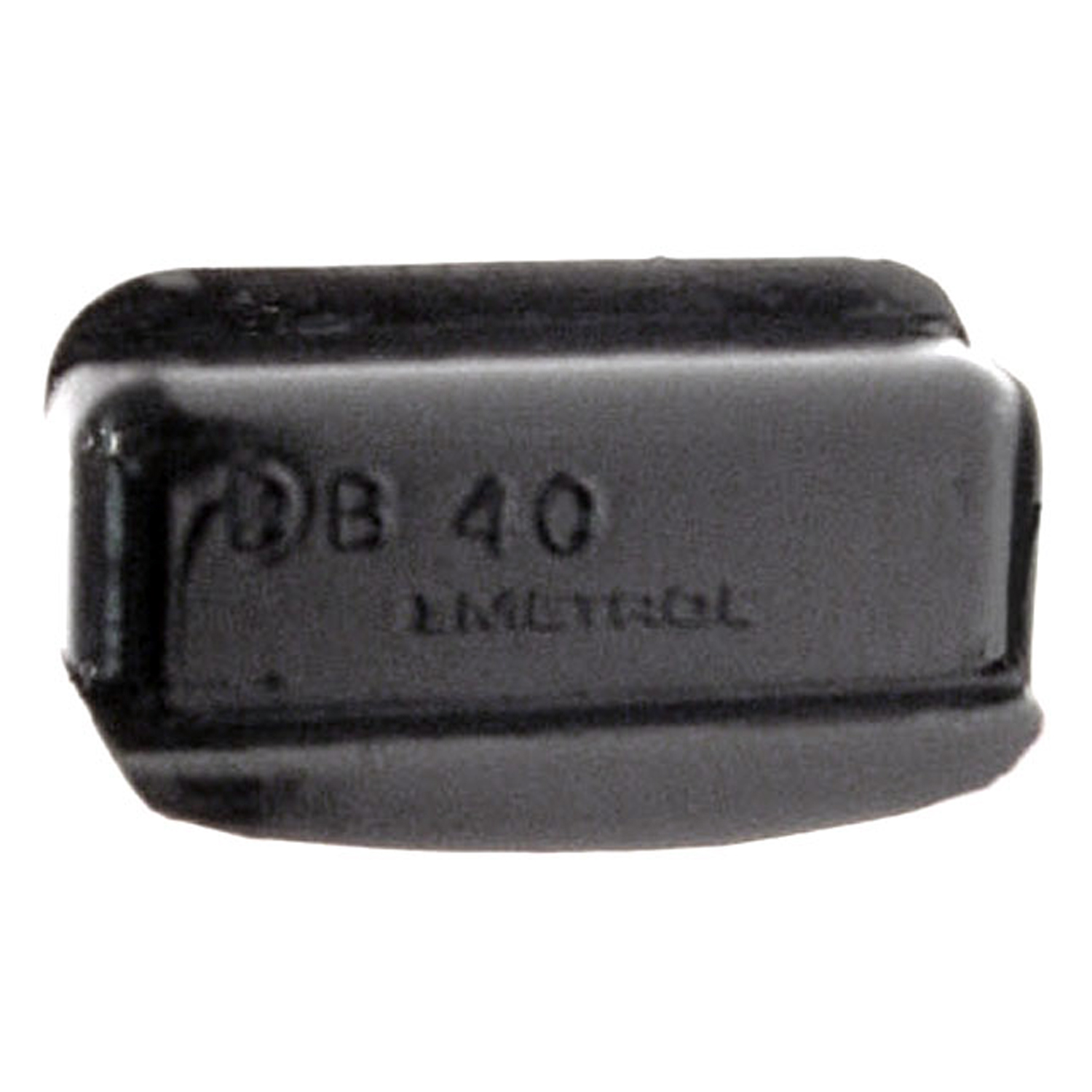 1946 Mercury Mercury Door Bumper. 3/4" high X 1-7/16" wide X 9/16" thick. Each-DB 40Door Bumper. 3/4" high X 1-7/16" wide X 9/16" thick. Each
1946 Mercury Mercury Door Bumper. 3/4" high X 1-7/16" wide X 9/16" thick. Each-DB 40Door Bumper. 3/4" high X 1-7/16" wide X 9/16" thick. Each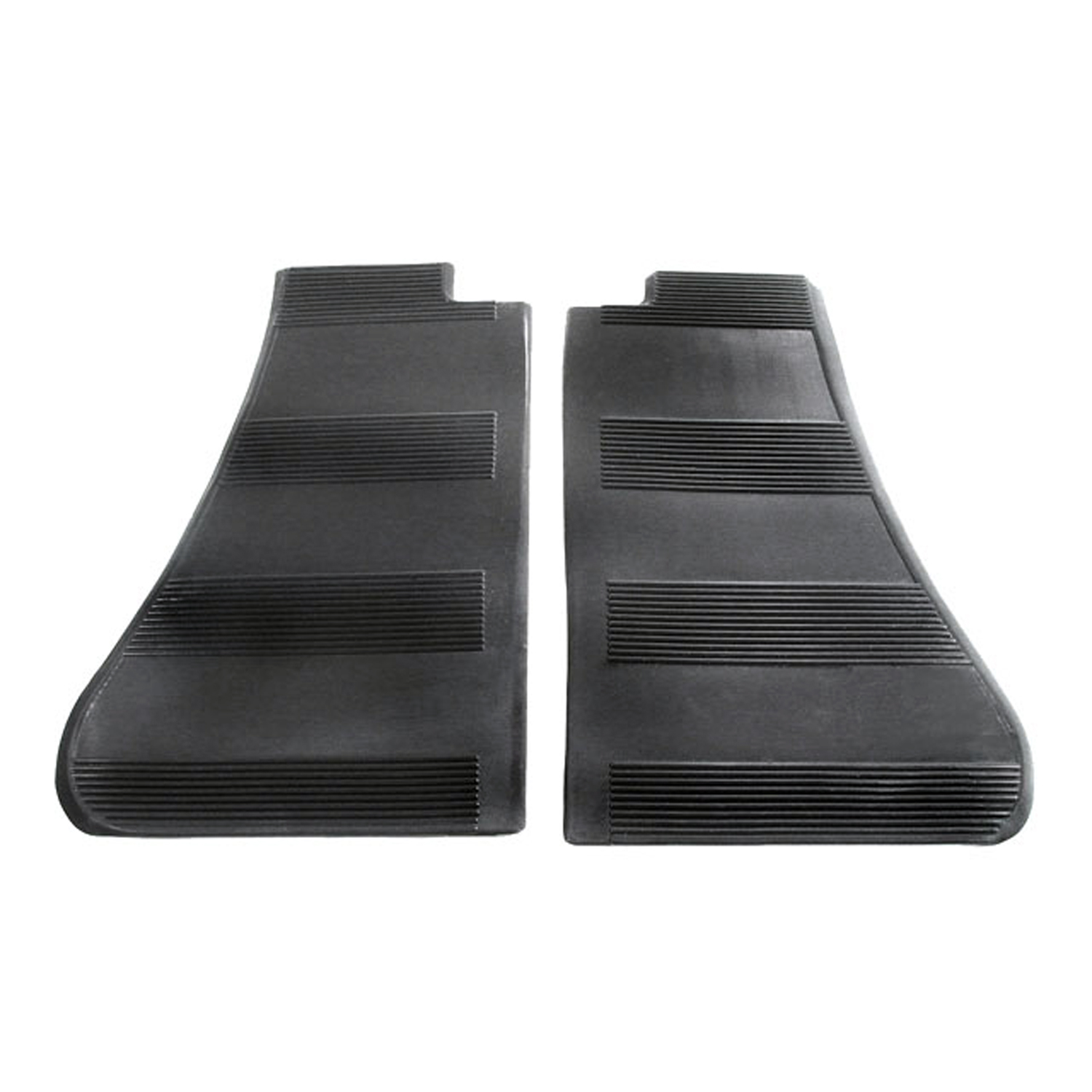 1946 Mercury Mercury Gravel Shields (for station wagon only)-FS 60Gravel Shields (for station wagon only). 16-3/4" long X 10-1/4" wide at top and 5" wide at bottom. Will conform to all curves perfectly. Pair R&L
1946 Mercury Mercury Gravel Shields (for station wagon only)-FS 60Gravel Shields (for station wagon only). 16-3/4" long X 10-1/4" wide at top and 5" wide at bottom. Will conform to all curves perfectly. Pair R&L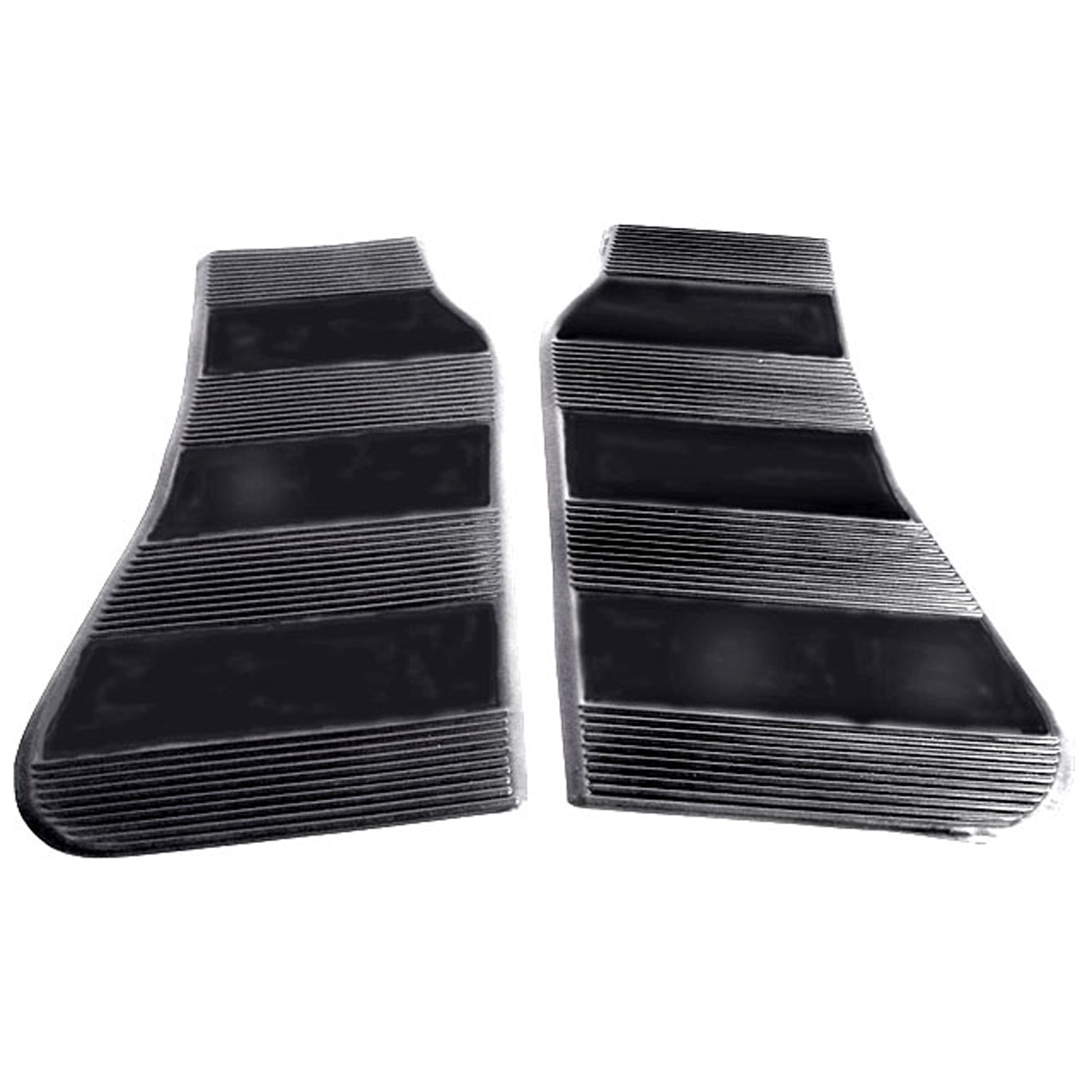 1946 Mercury Mercury Gravel Shields. Will conform to all curves perfectly-FS 61Gravel Shields. Will conform to all curves perfectly. 17" long X 7-3/4" wide at top X 5-1/4" wide at bottom. Pair R&L
1946 Mercury Mercury Gravel Shields. Will conform to all curves perfectly-FS 61Gravel Shields. Will conform to all curves perfectly. 17" long X 7-3/4" wide at top X 5-1/4" wide at bottom. Pair R&L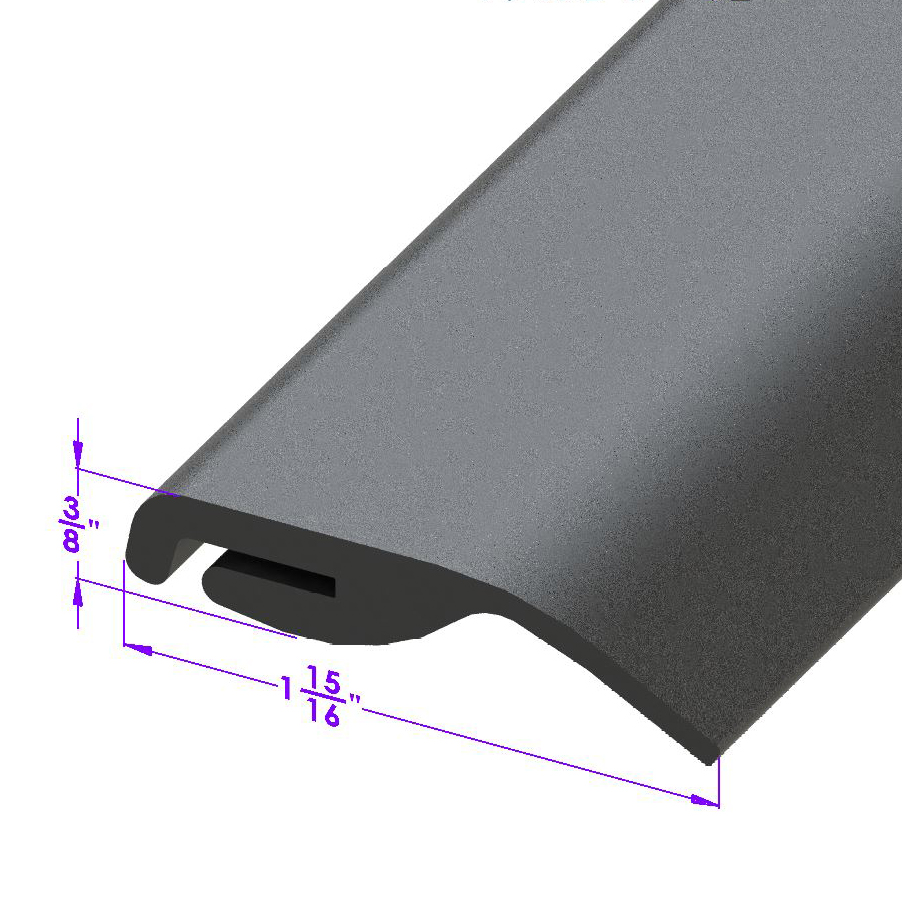 1946 Mercury Mercury Bumper to Body Seal. 2" Wide. Sold by the foot-LP 109-KBumper to Body Seal. 2" Wide. Sold by the foot
1946 Mercury Mercury Bumper to Body Seal. 2" Wide. Sold by the foot-LP 109-KBumper to Body Seal. 2" Wide. Sold by the foot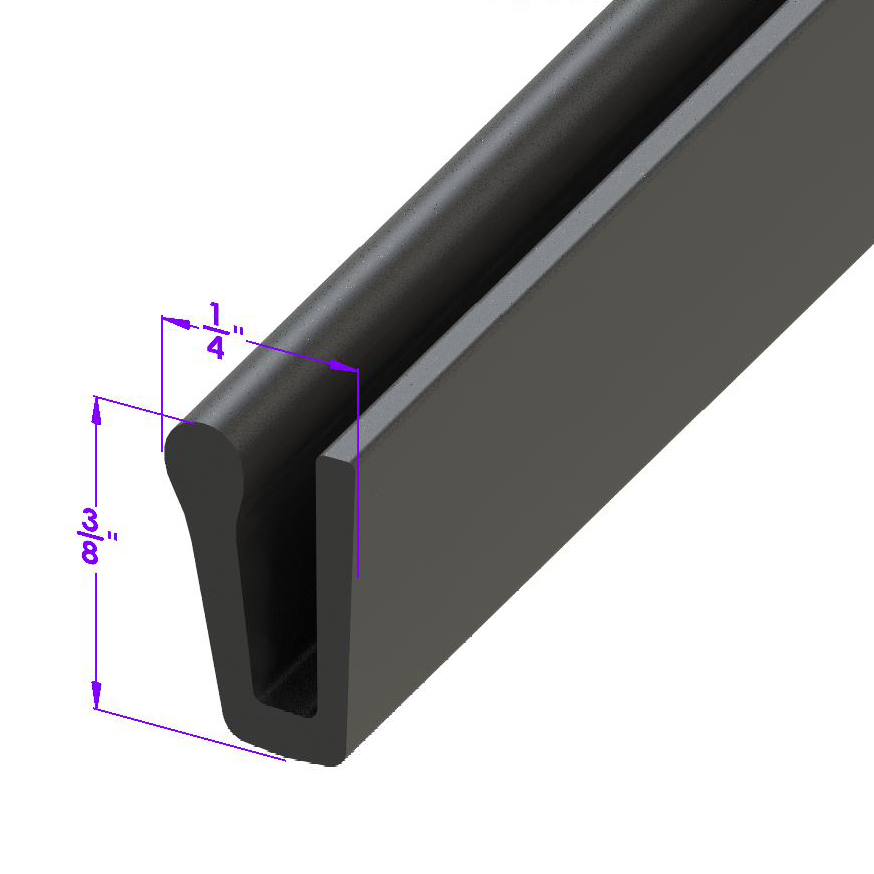 1946 Mercury Mercury Fender Skirt Seal. Sold by the foot-LP 111-P/FTFender Skirt Seal. Sold by the foot
1946 Mercury Mercury Fender Skirt Seal. Sold by the foot-LP 111-P/FTFender Skirt Seal. Sold by the foot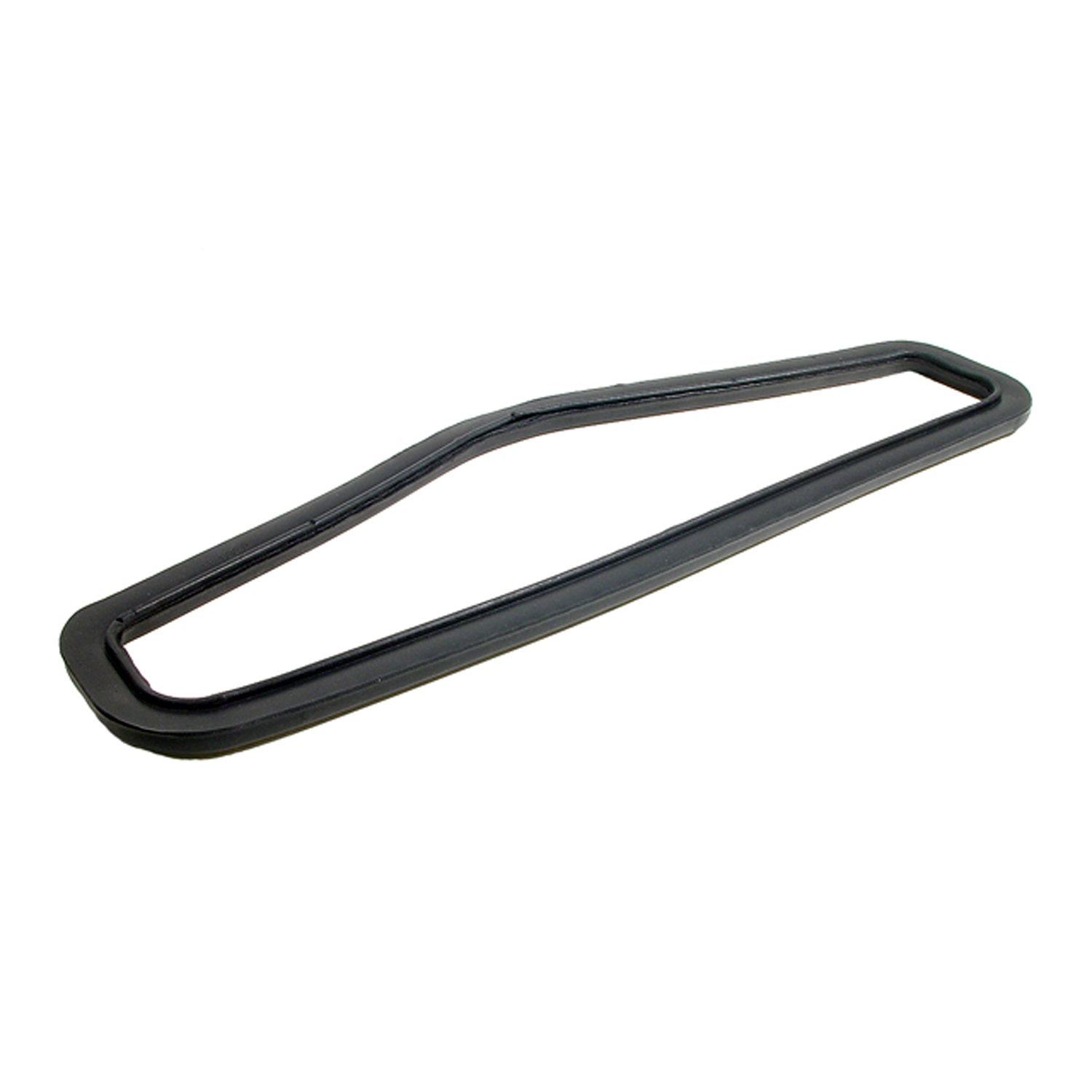 1946 Mercury Mercury Cowl Vent Seal. Made of skin-covered, molded sponge-RP 100-ICowl Vent Seal. Made of skin-covered, molded sponge. 3-1/8" wide at side X 17" long. Each
1946 Mercury Mercury Cowl Vent Seal. Made of skin-covered, molded sponge-RP 100-ICowl Vent Seal. Made of skin-covered, molded sponge. 3-1/8" wide at side X 17" long. Each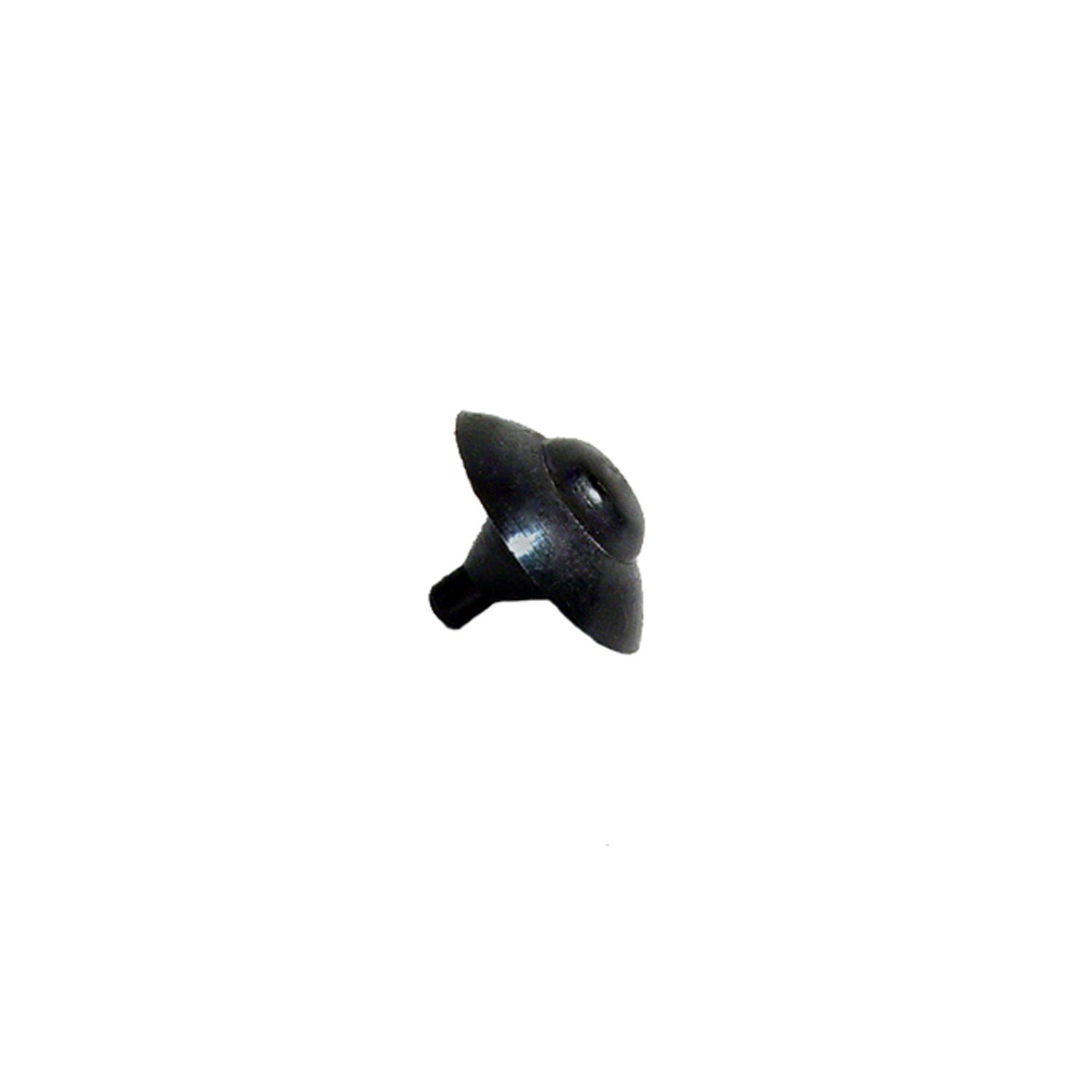 1946 Mercury Mercury Engine Compartment Gravel Shield Bumper-SB 57-AEngine Compartment Gravel Shield Bumper. Twelve used per car. Each
1946 Mercury Mercury Engine Compartment Gravel Shield Bumper-SB 57-AEngine Compartment Gravel Shield Bumper. Twelve used per car. Each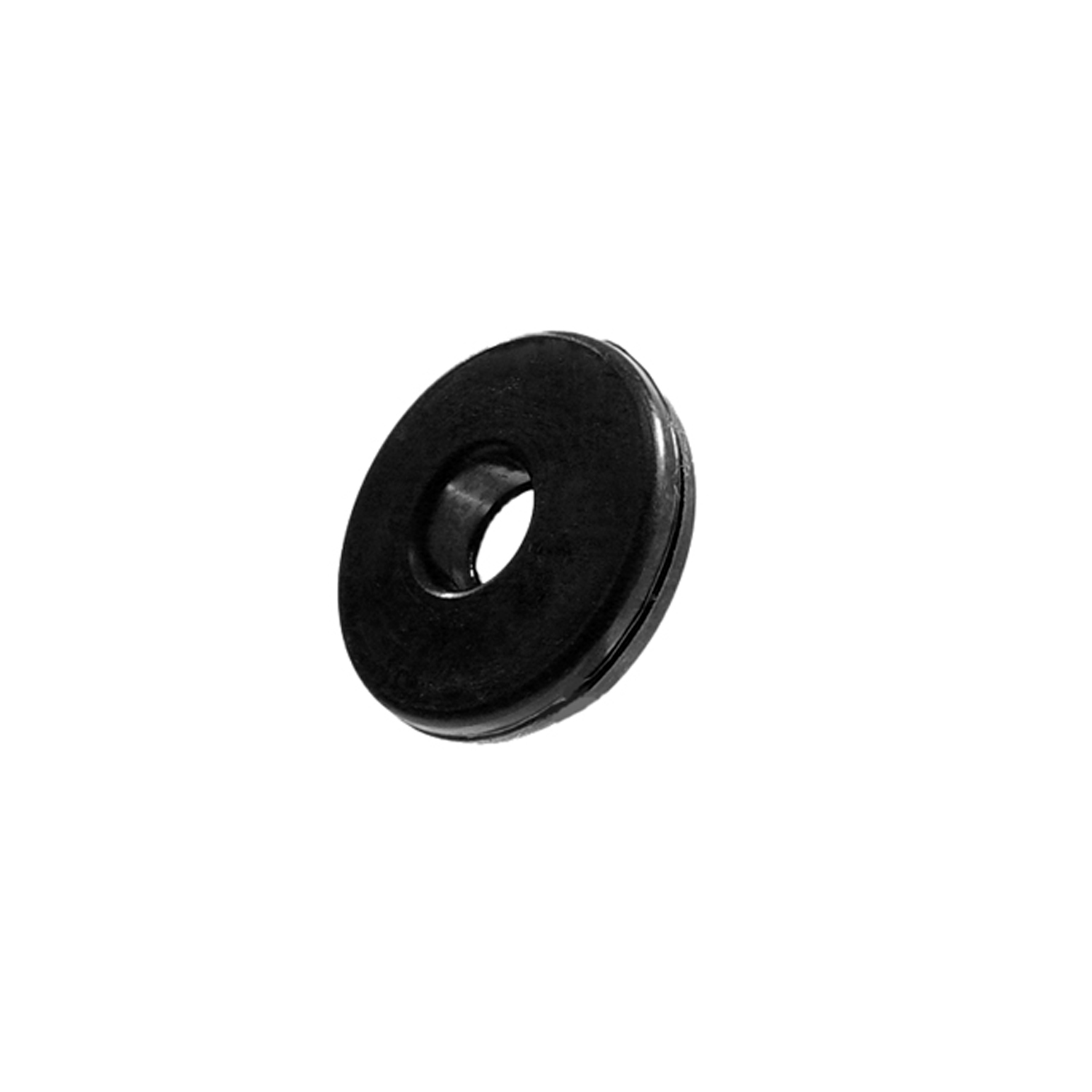 1946 Mercury Mercury Headlight Wires through Inner Splash Pan, Front Fenders-SM 96Headlight Wires through Inner Splash Pan, Front Fenders. Two used per car. 3/8" I.D., 1-5/16" O.D. Each
1946 Mercury Mercury Headlight Wires through Inner Splash Pan, Front Fenders-SM 96Headlight Wires through Inner Splash Pan, Front Fenders. Two used per car. 3/8" I.D., 1-5/16" O.D. Each 1946 Mercury Mercury Rear Vent Window Seals, for 2-Door Sedans. Pair R&L-WR 3308-RRear Vent Window Seals, for 2-Door Sedans. Pair R&L
1946 Mercury Mercury Rear Vent Window Seals, for 2-Door Sedans. Pair R&L-WR 3308-RRear Vent Window Seals, for 2-Door Sedans. Pair R&LWhy Choose Metro?
For over 100 years, Metro Moulded Parts has been the pinnacle of quality in classic car restoration parts. Our commitment to precision and authenticity in every component ensures a perfect fit and an OEM-level appearance.
- Expert Craftsmanship & Quality: Each part is a testament to our dedication to reliability and perfection, crafted from original designs and thoroughly tested.
- Advanced Technology: We use cutting-edge techniques to create flawless, long-lasting parts that surpass others in performance.
- SuperSoft Sponge – The Ultimate Door Seal: Not only are our door seals 30% softer than competitors', but they're also guaranteed to never leak. They effectively reduce wind and road noise, enhancing your classic car's comfort and driving experience.
- Proudly American: Our parts are a product of American craftsmanship, made in the USA with a spirit of excellence and heritage.
- Unrivaled Warranty: We back our products with a 30-year industry-leading warranty, a testament to our confidence in their quality.
Join us in preserving the legacy of classic cars with parts that are crafted for perfection, not just made.

